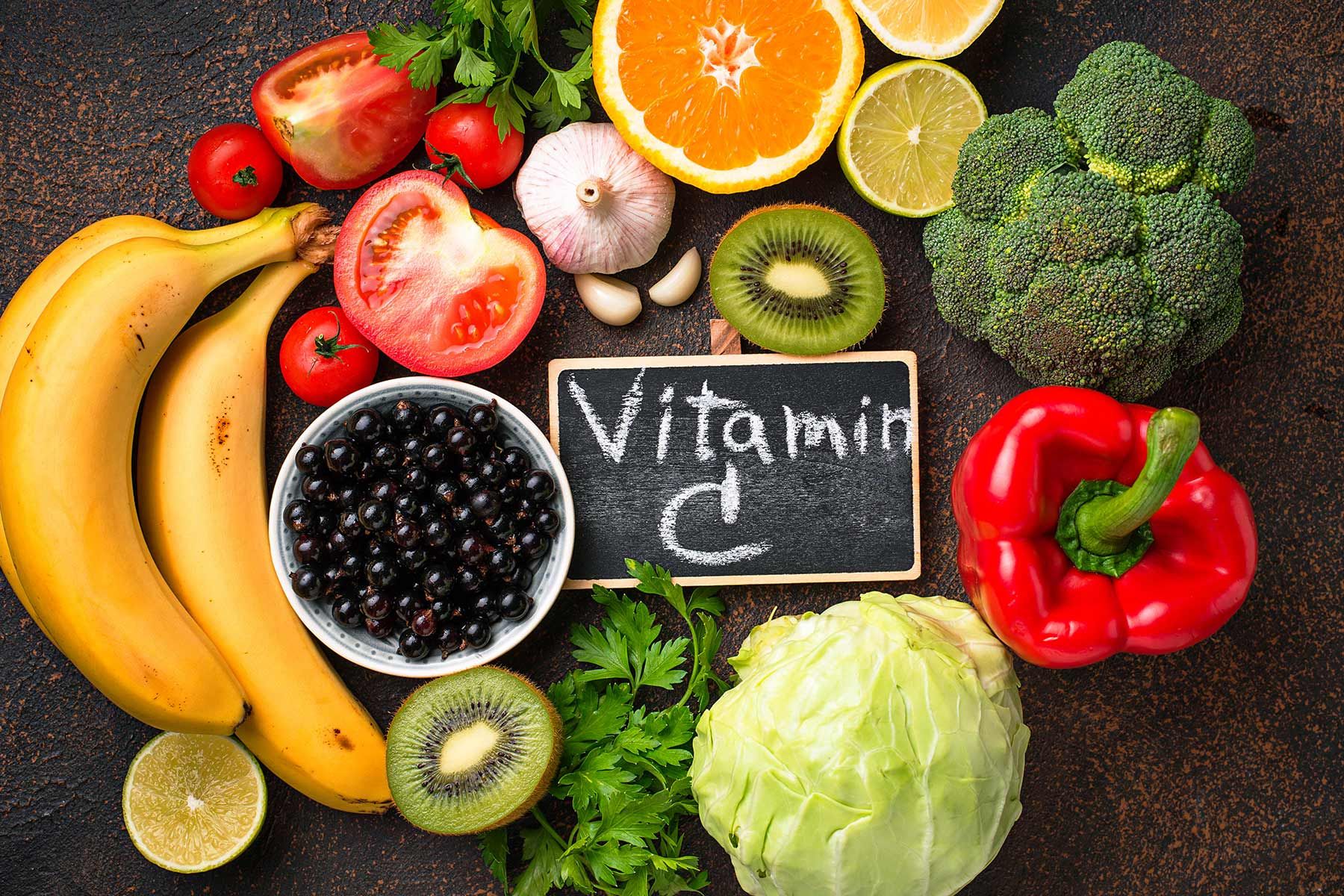Complete supplementation with essential vitamins not only helps increase resistance, improves health, but also helps beautify the skin from the inside out.
Vitamin C
Vitamin C has antioxidant properties, strengthens the immune system and is a key ingredient in the formation of collagen. The body fully supplemented with vitamin C will be healthy, less sick and at the same time the skin will be luminous, full of vitality, reducing the signs of premature aging.
Take vitamin C by mouth or through your diet. The recommended daily vitamin C content is 1000 mg. Some foods rich in vitamin C are citrus fruits, mandarins, grapefruit, strawberries, broccoli, spinach …
Vitamin D

Vitamin D is produced by sunlight and absorbed through the skin and carried throughout the body, helping to create healthy cells. Vitamin D improves calcium absorption, strengthens bone structure, helps strengthen skin texture, prevents sagging.
Supplement vitamin D with sun exposure for 10 to 15 minutes a day in the morning, avoid 10 to 16 hours, or supplement with foods containing natural vitamin D such as eggs, milk, cheese, salmon and tuna., cod … or through supplements.
Vitamin E

Like vitamin C, vitamin E is an antioxidant, effective in protecting the skin from the damaging effects of the sun and preventing dark spots, pigmentation and wrinkles. At the same time, vitamin E also helps protect the nervous system, the muscular skin system – the bones and the retina of the eyes. Normally, the body produces vitamin E through the sebum. In a balanced state, sebum helps hydrate the skin, preventing dry and aging skin. The recommended daily amount of vitamin E is 15 mg.
Supplement vitamin E for the body through oral tablets or foods such as almonds, sunflower seeds, olive oil, margarine, kiwi, salmon, broccoli …
Vitamin K
Vitamin K is essential in helping blood to clot, helping to heal damage such as bruises or areas affected by surgery. Vitamin K helps improve certain skin conditions such as pigmentation, freckles, stretch marks, spider veins, scars, dark spots, dark circles … The recommended daily vitamin K content is 65 to 80 mg .
Vitamin K is found in foods such as spinach, broccoli, watercress, cabbage, lettuce …




